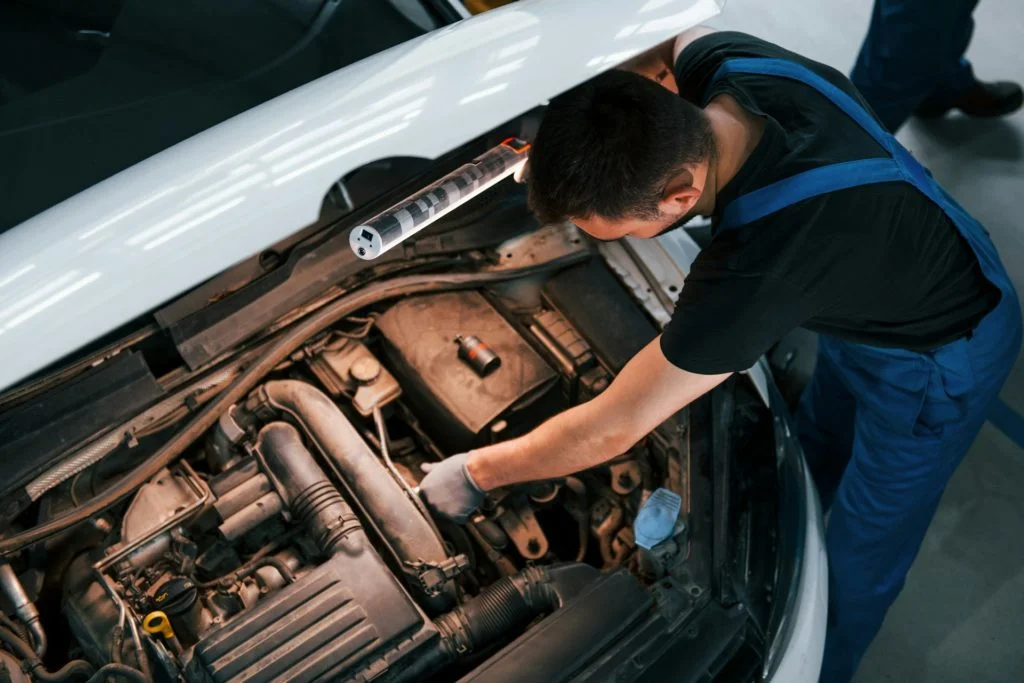Steel coils are pivotal in various industries, from automotive to construction. However, as tough as they may be, they are not invincible. One critical concern is edge protection. Damaged edges can lead to various problems, including decreased product quality and increased waste. To tackle this issue, we introduce innovative reprocessing solutions to optimise steel coil edge protection.
These cutting-edge methods ensure that steel coils are protected and preserved, thus optimising their longevity and value. From utilising advanced materials for edge protection to employing high-tech processing techniques, these solutions are about maximising efficiency and minimising waste.
So, let’s dive in and discover the world of steel coil edge protection like never before.
The Future of Steel Coil Protection: Innovative Reprocessing Solutions
1. Traditional Edge Protection Solutions: The Challenges and Limitations
Though widely used, traditional steel coil edge protection solutions made from virgin plastics pose significant challenges and limitations for businesses within the automotive and manufacturing sectors. Key drawbacks associated with these conventional materials include:
- Environmental Impact: Virgin plastic production consumes substantial energy resources and generates considerable pollution, contributing negatively to the global waste crisis and exacerbating ecological damage.
- Material Costs: Using virgin plastics for edge protection often entails higher costs for manufacturers, ultimately impacting their bottom line and potentially affecting product pricing.
- Plastic Tax Implications: The UK Plastic Tax levies charges on packaging featuring less than 30% recycled content, creating additional financial burdens for companies relying on virgin plastic materials for their edge protection solutions.
2. Embracing Reprocessed Plastic Solutions for Steel Coil Edge Protection
Reprocessed plastic materials offer a viable alternative to conventional virgin plastic-based edge protection. By employing Pulse Plastics’ plastic reprocessing services, businesses can harness the benefits of reprocessed plastics for their steel coil edge protection needs, overcoming key drawbacks associated with traditional solutions, including:
- Enhanced Sustainability: Utilising reprocessed plastics curbs the consumption of raw materials and fossil fuels, significantly reducing businesses’ environmental impact and waste generation.
- Cost Reduction: Implementing reprocessed plastic solutions offers an opportunity for cost savings, as reprocessed materials are often more affordable than virgin plastics.
- Plastic Tax Compliance: By incorporating at least 30% reprocessed materials into edge protection products, businesses can meet Plastic Tax requirements and claim necessary tax relief, saving valuable financial resources.
3. Pulse Plastics’ Reprocessing Services for Steel Coil Edge Protection Enhancement
Pulse Plastics provides a comprehensive range of innovative reprocessing services to help businesses optimise their steel coil edge protection solutions. Their tailored services facilitate the seamless integration of reprocessed materials, enabling manufacturers to achieve cost savings and enhanced sustainability without compromising product quality. Key offerings include:
- Expert Material Consultancy: Pulse Plastics’ specialists consult with businesses to evaluate their steel coil edge protection needs, identify opportunities for incorporating reprocessed materials, and provide tailored guidance and recommendations.
- High-Quality Reprocessed Materials: Utilising state-of-the-art technologies, Pulse Plastics successfully transforms waste plastic into high-quality reprocessed products suitable for application in steel coil edge protection solutions.
- Ongoing Support and Collaboration: Pulse Plastics strongly emphasises developing long-lasting partnerships and providing continuous support to clients as they adopt and refine their reprocessed plastic-based edge protection solutions.
4. Implementing Pulse Plastics’ Reprocessing Services for Streamlined Adoption of Reprocessed Plastics
To ensure the successful adoption of reprocessed plastics in their steel coil edge protection solutions, businesses must follow a structured approach that may include:
- Comprehensive Process Evaluation: Thoroughly evaluate all aspects of the current edge protection strategy, identifying potential areas for implementing reprocessed materials and assessing the operational impact of such changes.
- Collaboration with Pulse Plastics: Engage with their experts to access their wealth of knowledge and cutting-edge reprocessing technologies, ensuring a smooth transition to reprocessed plastic-based edge protection solutions.
- Testing and Refining New Solutions: Develop and rigorously test new edge protection solutions incorporating reprocessed materials, optimising processes and products to ensure seamless integration, superior product quality, and compliance with relevant regulations.
- Monitoring and Continuous Improvement: Regularly assess the performance of new edge protection solutions, striving for ongoing improvement and innovation to maximise cost savings, sustainability, and product performance.
Revolutionising Steel Coil Edge Safety with Modern Reprocessing Methods
Implementing reprocessed plastic materials offers excellent potential for businesses seeking to enhance their steel coil edge protection solutions and reap associated cost and sustainability benefits.
Pulse Plastics’ innovative reprocessing services provide the necessary expertise and resources to facilitate the seamless adoption of reprocessed plastics, empowering businesses to succeed in today’s increasingly competitive and environmentally-conscious market landscape.
Collaborate with Pulse Plastics to unlock the advantages of reprocessed plastic-based steel coil edge protection solutions in the UK today. Contact our expert team for tailored recommendations, cost-saving opportunities, and enhanced sustainability in your business operations.


